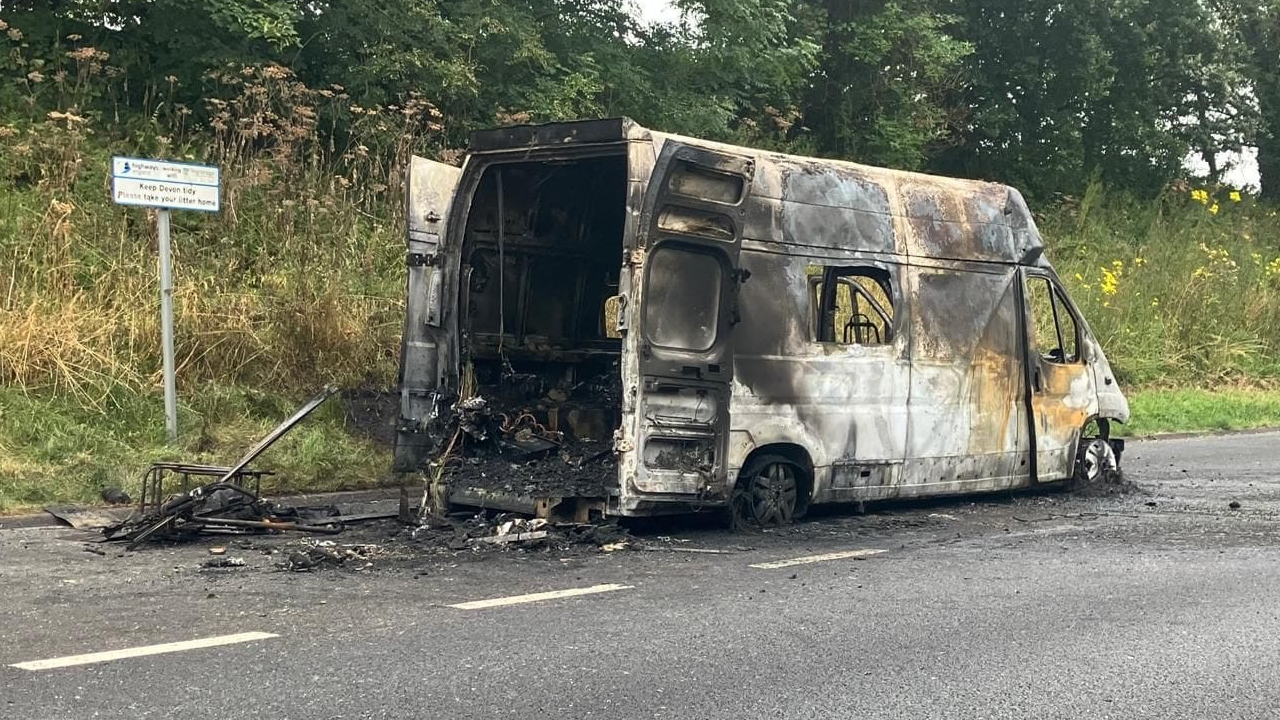Use ambulances responsibly to ease pressure - NHS
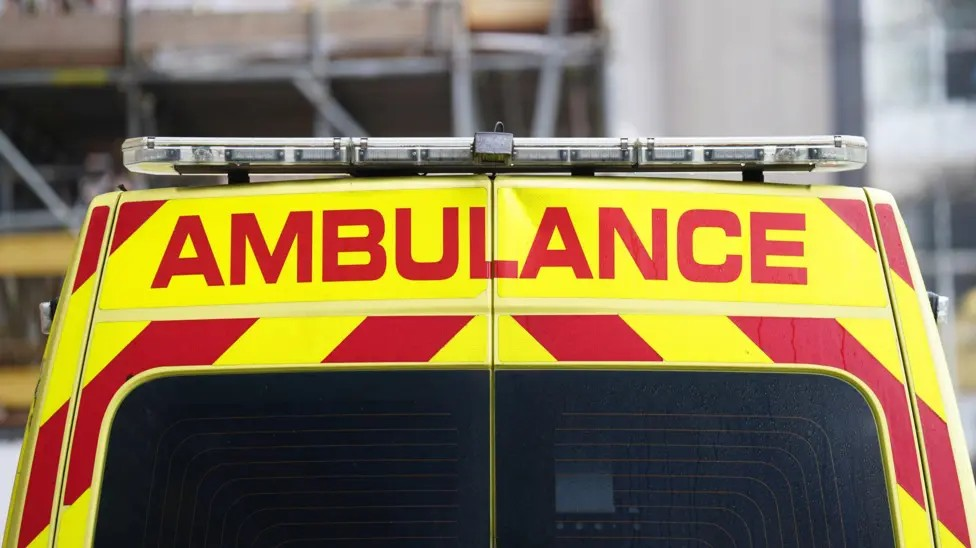
The South West has some of the longest ambulance transfer times in England
- Published
People in south-west England have been urged to use ambulance services responsibly this winter to ease pressure on ambulances and accident and emergency wards (A&E).
The NHS's South Western Ambulance Service (SWAST) said it was expecting higher demand in the coming months so people should use other services where it was safe to do so.
Dr Matt Thomas, executive medical director, said: "If people call 999 and they need help, we will make sure they are getting that help."
However, he said help "doesn't always [need to] look like an ambulance" and it could be a doctor or paramedic helping a patient over the phone or sending another medical professional to drive to them.
He said that sometime people might be directed to other services or asked to make their own way to a minor injuries unit as it may be "the best help available right now".
Handover delays
Last winter, the region had some of the longest ambulance handover times in England - the time from the ambulance arriving at hospital to being handed over to A&E staff.
Between Christmas and New Year 2023, nearly 80% of patients in Plymouth were kept waiting longer than 30 minutes and more than 66% in Truro.
The process should only take 15 minutes for patients brought in by ambulance under official guidelines.
Earlier this year, NHS data showed that the region's hospitals had the worst transfer times of any hospitals in England, with 40% of patients waiting over an hour compared to a nationwide average of 8.8%.
Dr Thomas said the NHS had "some systems in place" to improve handover times and he was "confident" things would improve this year.
He said: "We know that it’s going to be a busy winter, I'm not saying we’re not going to have any challenges."
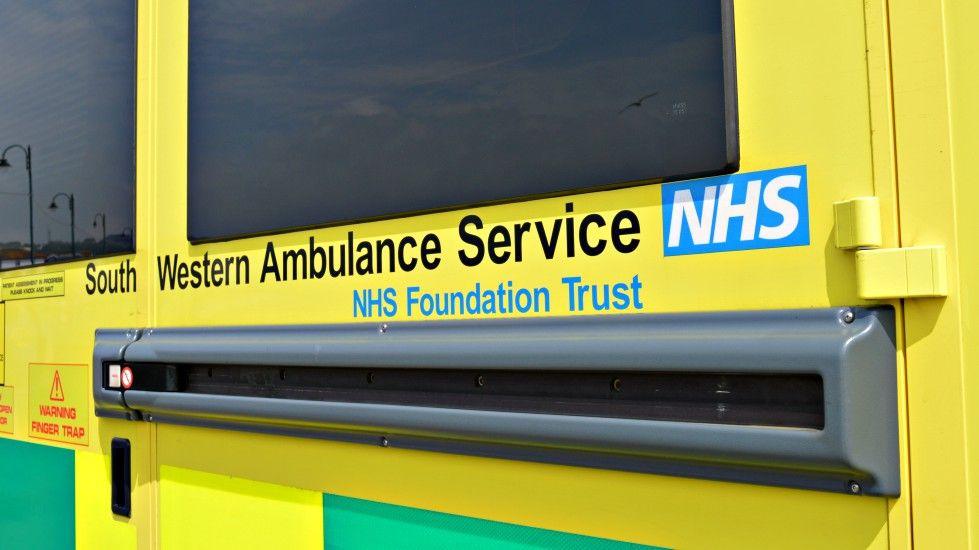
NHS bosses want to ensure ambulances can get to "truly" life-threatening situations
Dr Thomas said the NHS had "dedicated paramedics" working in hospitals to help direct patients towards the best service.
He added: "We’re also asking the public to realise there are more ways to access the help that you need than calling an ambulance and going to the emergency department.
“It’s everyone working together to make sure we get the right help to the right patients when they need it.
"If there are a truly life-threatening injury or illness, we want to be able to get our ambulances to it."
The SWAST covers Bristol and the former Avon area, Cornwall and the Isles of Scilly, Devon, Dorset, Somerset, Gloucestershire and Wiltshire.
Follow BBC Cornwall on X, external, Facebook, external and Instagram, external. Follow BBC Devon on X, external, Facebook, external and Instagram, external. Send your story ideas to spotlight@bbc.co.uk, external.
- Published26 November 2024
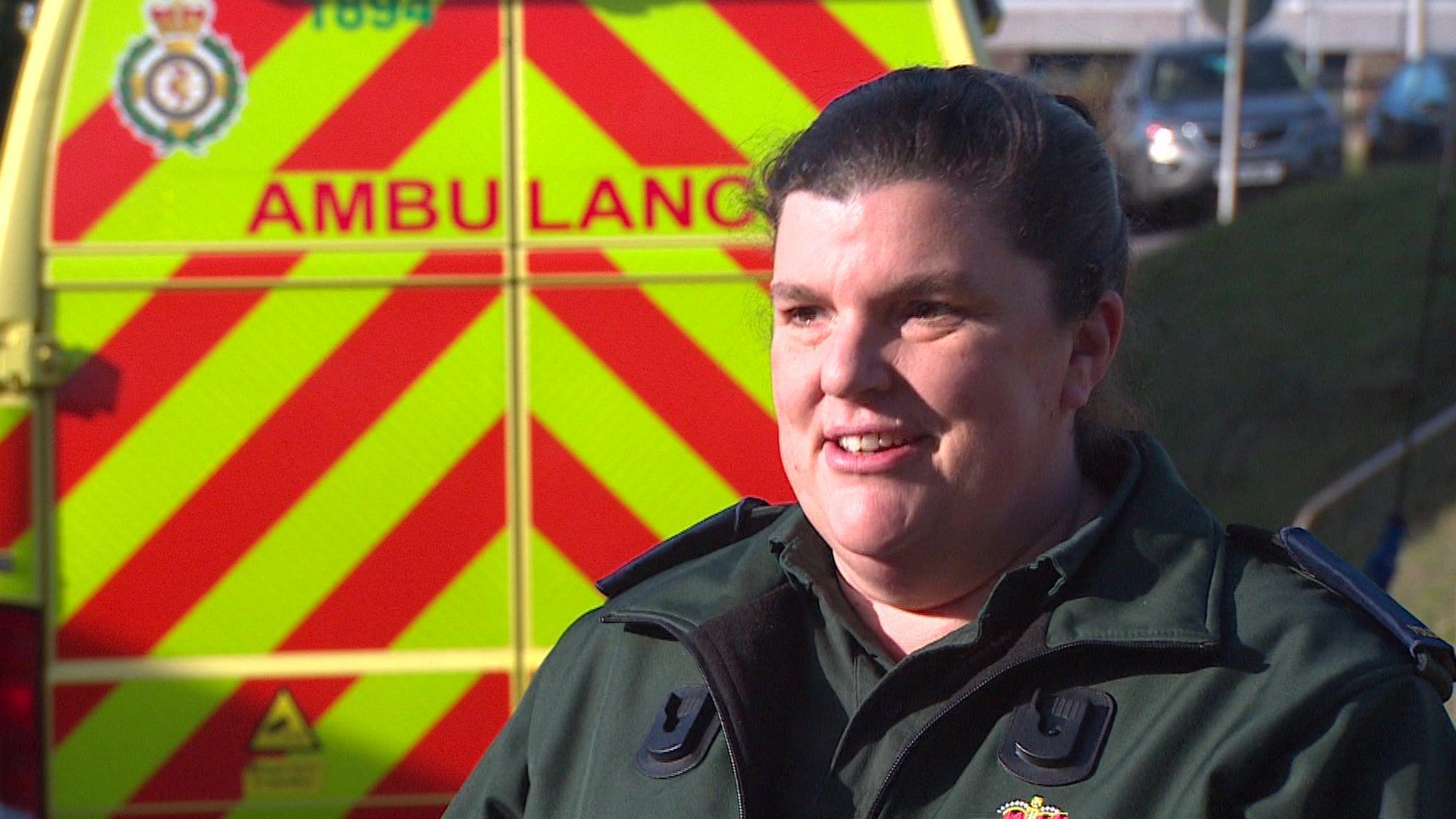
- Published1 July 2024
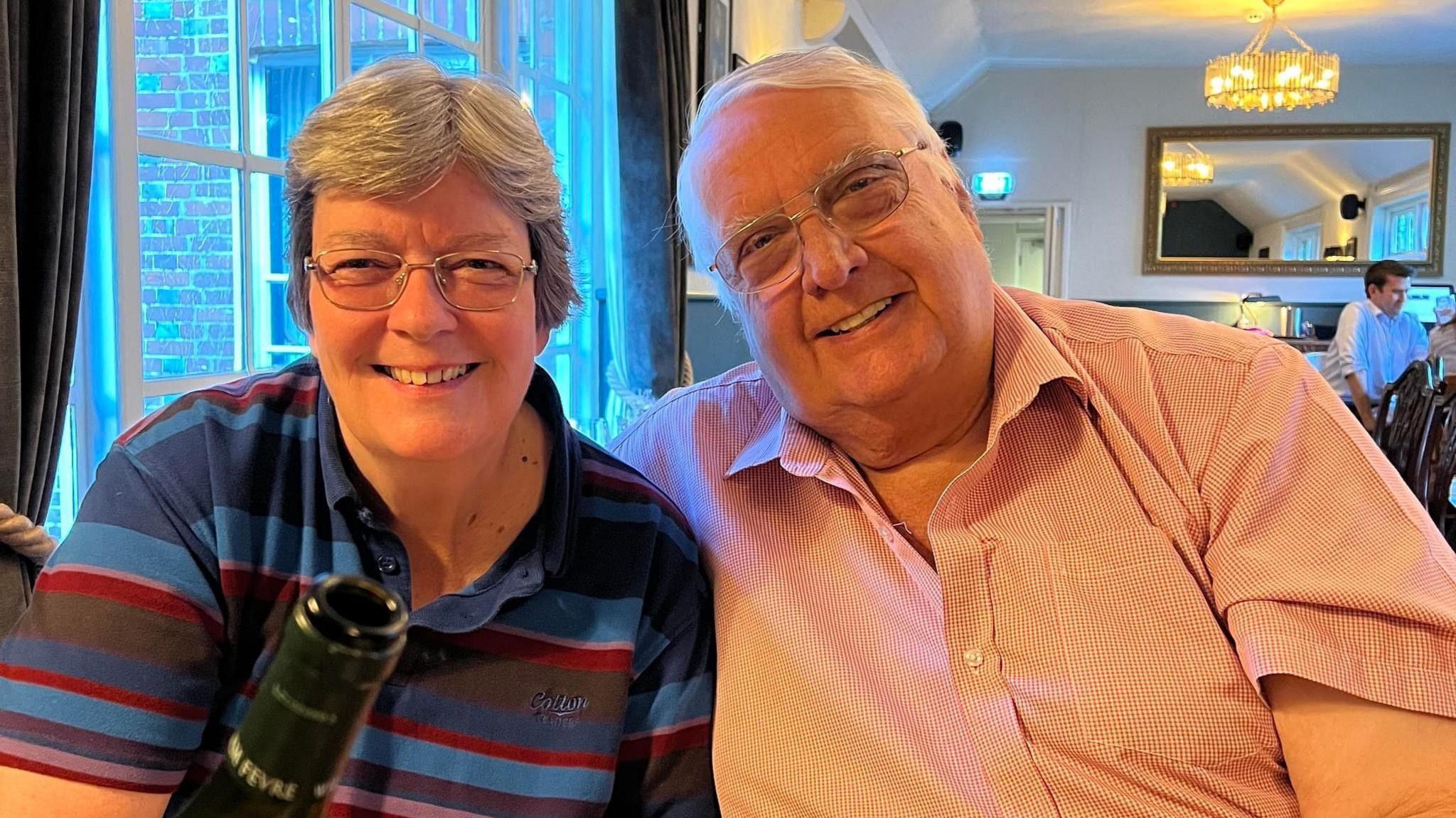
- Published21 August 2024
